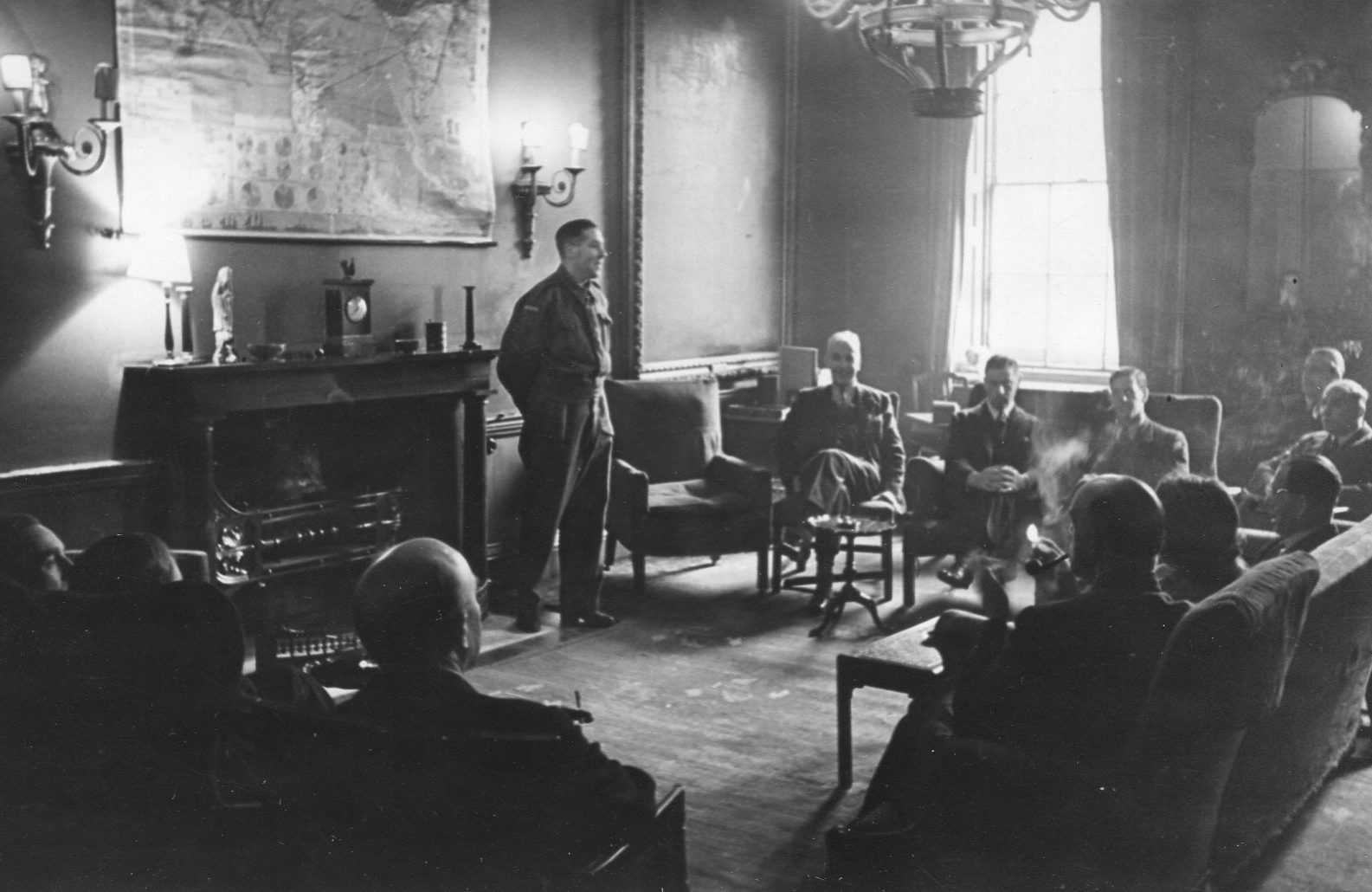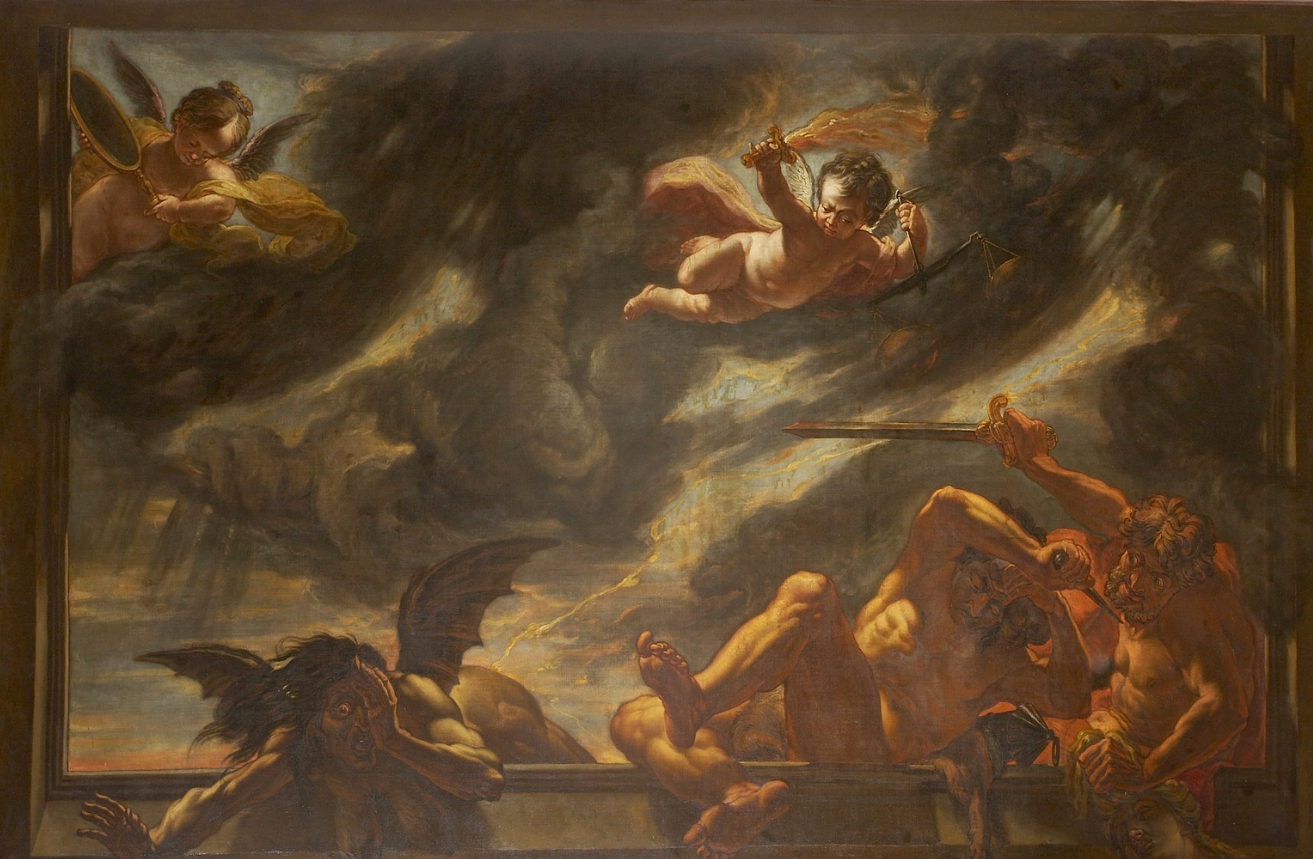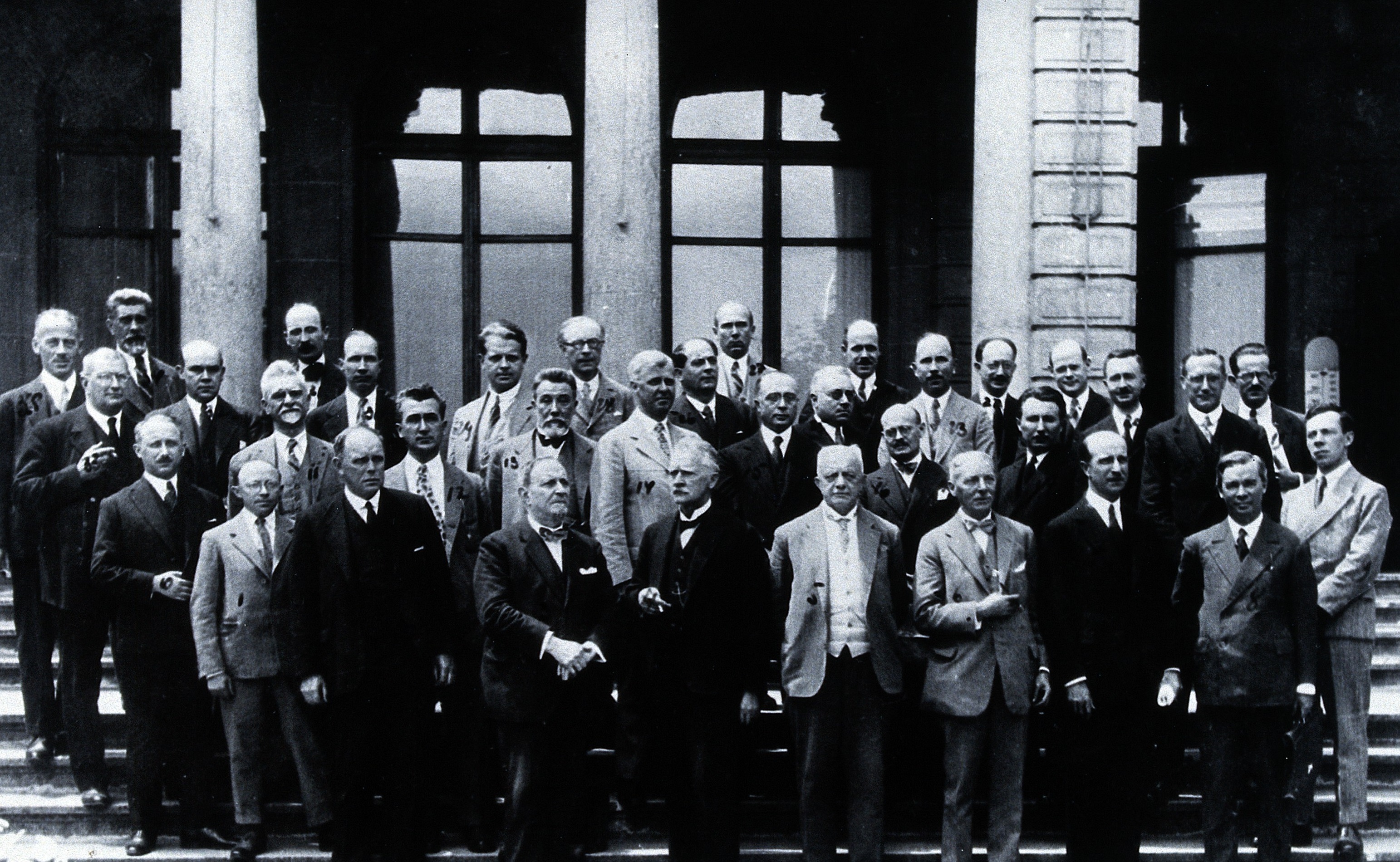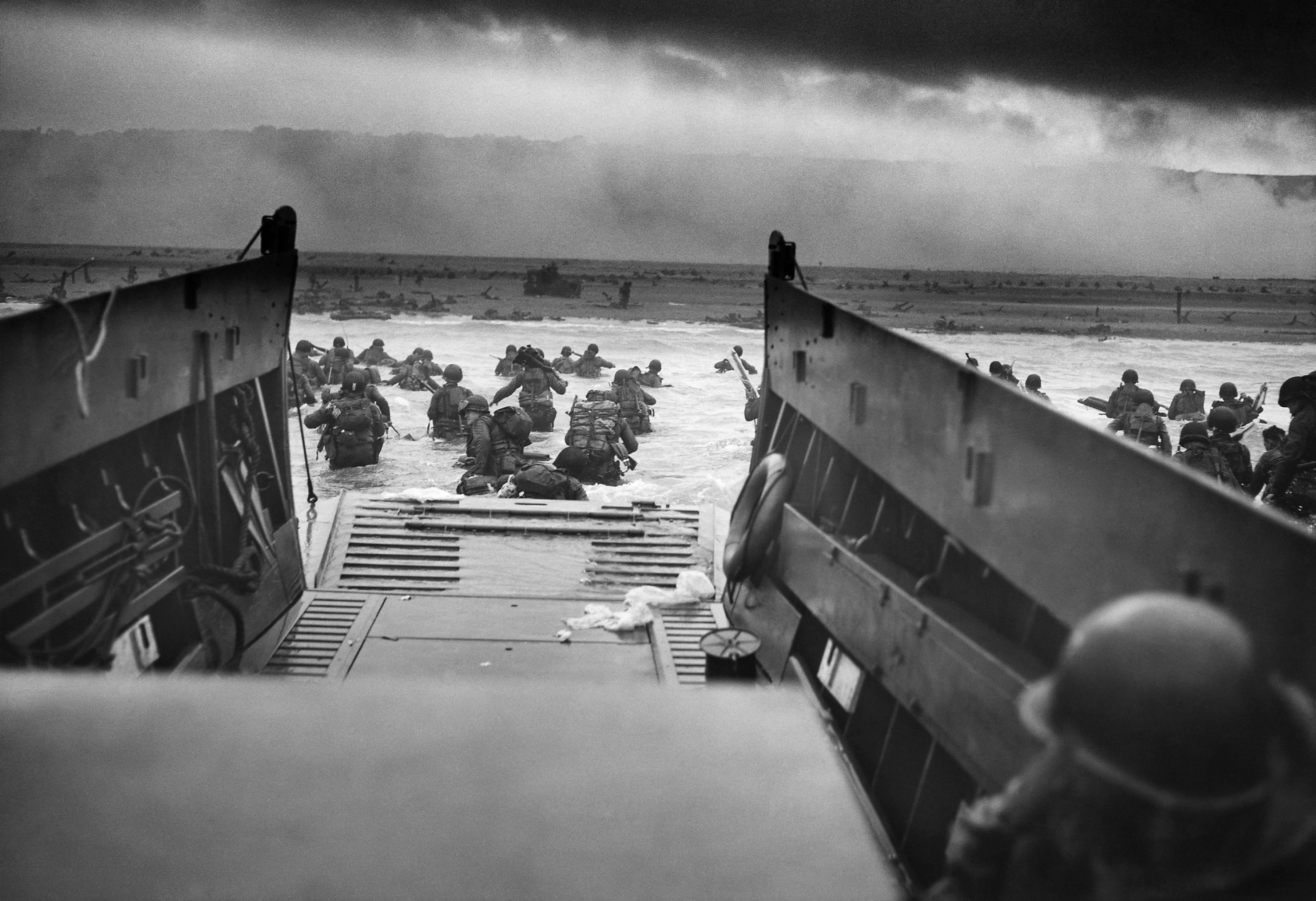Blessed are the Peacemakers
Force is always only the form love takes against terrible evil in the last resort when nothing else will protect the innocent, restore justice, and bring about the conditions for peace. The old Chestertonian nugget remains: “The true soldier fights not because he hates what is in front of him, but because he loves what is behind him.”
Marc LiVeccheMarch 28, 2018
Christian Contrition and Action: Society and the Keys to Peace
In this article, originally published in Christianity and Crisis on April 19, 1943, F. Ernest Johnson illuminates the twin wartime concerns of brutality and cynicism. Johnson illustrates the importance of maintaining public morality; losing compassion for the enemy will scuttle the peace and instigate the next war, while ignoring social influence in determining personal ethics invariably corrodes society on a more insidious level. To paraphrase John 17: 14-19, we must be in the world, but not of it.
Christianity & Crisis MagazineMarch 1, 2018
Can Evil Always Be Overcome With Good?
Foretelling a time of cultivation, Isaiah prophesies, “They shall beat their swords into plowshares, and their spears into pruning hooks.” One cannot plow a field with a sword, nor prune a tree with a spear. In this article, originally published in Christianity and Crisis on March 8, 1943, John Knox contrasts the promotion of good with the destruction of evil, particularly in conflict. Promoting good is insufficient; the conduct of war and the creation of peace are distinct phenomena to be pursued with discrete tools.
Christianity & Crisis MagazineFebruary 8, 2018
Why the League Failed: 13 Crippling Shortcomings
The much-maligned League of Nations experienced difficulties and shortcomings, which are visible in the functioning of the modern UN – and to a lesser extent, the International Criminal Court. George Stewart provides no less than thirteen reasons for the League’s failure, foremost among them the United States’ refusal to join, despite President Wilson’s labors as the prime architect. Stewart’s criticism of the League’s weaknesses, in its simultaneous impotence and incompetence, serves as a reminder for the need of robust, yet practical, international structures.
Christianity & Crisis MagazineJanuary 26, 2018
The Christian Church in the Latter Half of the Twentieth Century
Francis P. Miller claims the church cannot stand by and optimistically assume that the state will pursue justice without the assistance of a religious ethic.
Christianity & Crisis MagazineDecember 7, 2017
The Spirit and the Body in War
This article about the tools necessary to defeat Nazi Germany and the Axis Powers was originally published in Christianity and Crisis on August 10, 1942. Examining the relationship between ideals and power throughout history, editor Reinhold Niebuhr argues the importance of discerning and then actualizing, the Allied Powers’ potential power. Conversely, he advocates against succumbing to the belief that Nazi defeat is inevitable.
Christianity & Crisis MagazineSeptember 1, 2017






